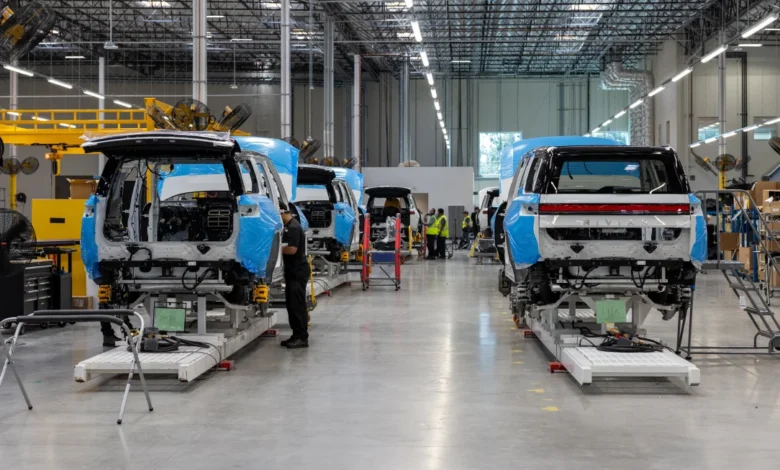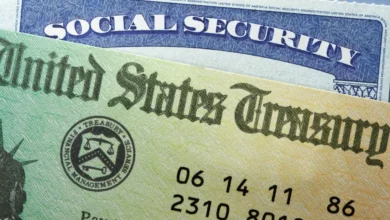
As President-elect Donald Trump begins preparations for his second term, many American workers could face job losses due to his controversial policies. While Trump campaigned on creating American jobs, several of his proposed initiatives threaten to have the opposite effect, especially in key sectors such as oil and gas, federal government jobs, and industries reliant on immigrant labor.
1. Oil and Gas Industry
Tariffs on imports could significantly affect industries that rely on global trade, including oil and gas. If Trump follows through with his plan for sweeping tariffs, nations retaliating with their own tariffs could negatively impact U.S. exports. This could result in job cuts within the oil and gas sector, including those working in extraction, production, and logistics. However, there is a possibility of short-term job gains if Trump pushes for more domestic drilling, as he promised during his campaign.
2. Federal Government Jobs
Trump’s push to reduce government spending could put many federal workers at risk. High-profile figures such as Elon Musk and Vivek Ramaswamy have advocated for cutting back on federal employees, particularly in departments like Justice and Education. Trump’s stance on climate change could lead to cuts in green energy programs, affecting jobs tied to electric vehicle production and renewable energy, as federal incentives and loans may be rolled back. Additionally, Trump’s proposed cuts to government regulation could lead to widespread layoffs in various government departments.
3. Labor Shortages and Mass Deportations
One of the most uncertain impacts of Trump’s policies is the potential for mass deportations. If enacted, this could lead to labor shortages in industries like agriculture, construction, and hospitality, which rely heavily on immigrant labor. The loss of millions of undocumented workers could reduce business revenues, pushing companies to cut jobs. Moreover, such drastic policies might push the U.S. economy into a recession, especially as inflation could rise, leading to increased interest rates. Small businesses, which employ a significant portion of the U.S. workforce, would likely feel the most pressure.
4. Tariffs and Inflation
The economic ripple effects of Trump’s proposed tariffs could lead to higher costs for businesses, particularly those in manufacturing. As foreign markets impose their own tariffs on U.S. goods, American companies may have to raise prices or reduce workforce sizes to remain profitable. The overall impact on the economy could be significant, with job losses in multiple sectors.
In conclusion, while some sectors may benefit from Trump’s policies, particularly if domestic manufacturing is incentivized, many other industries could face mass layoffs due to tariffs, government cuts, and immigration policies. The full scope of the job impacts remains uncertain, and workers in vulnerable sectors will need to stay informed about the evolving political landscape.





